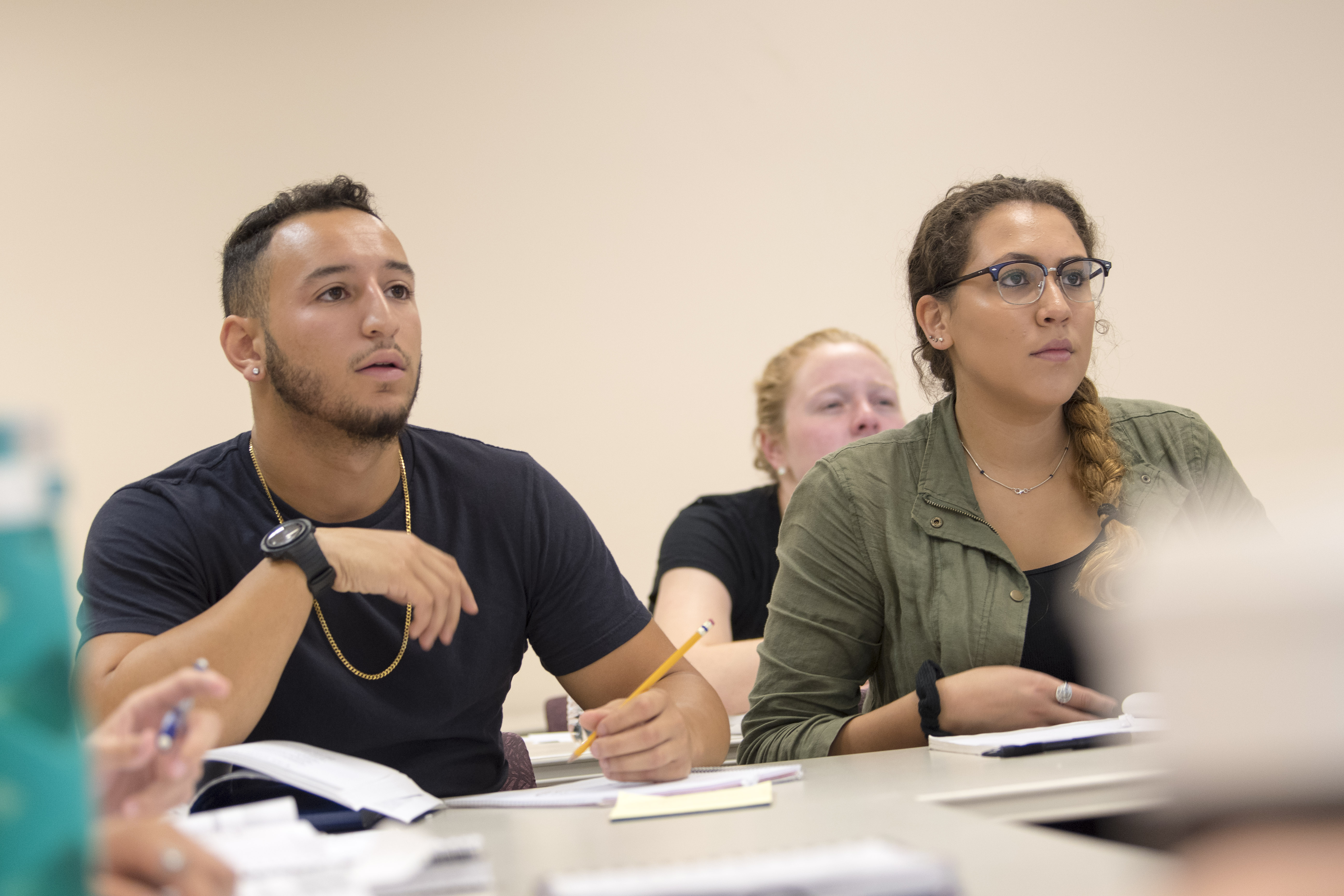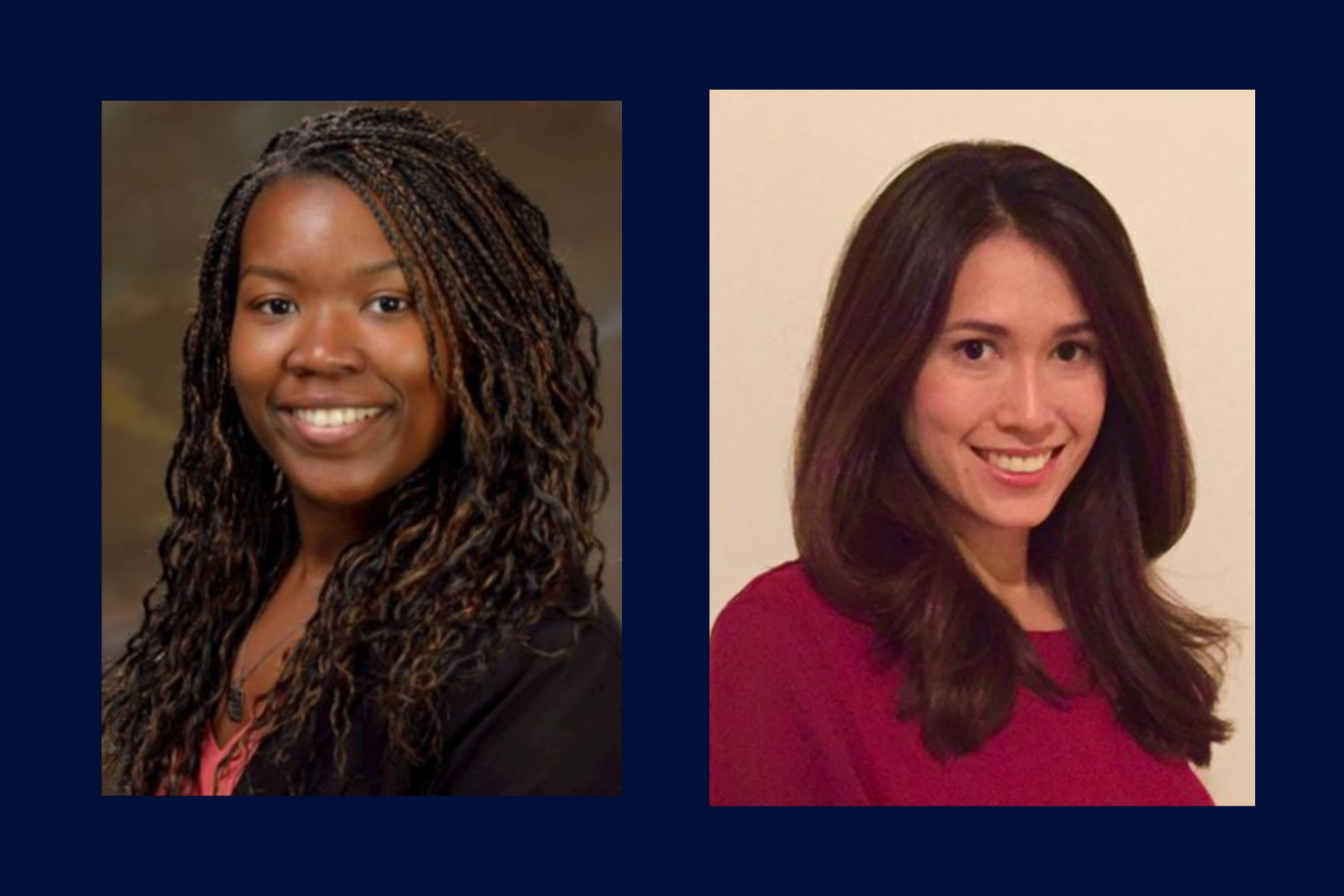The School of Social Work has launched a new track for Spanish-speaking Bachelor of Social Work (BSW) students.
A partnership with the Connecticut Department of Children and Families (DCF), the voluntary, non-credit bearing Child Welfare and Protection Track prepares accepted students to work with Latino families in child welfare and protection and culminates in a yearlong internship and field placement with the state agency.
“We saw it as a great opportunity for BSW students to learn about such a critical area in social work — child welfare — and gain an understanding of how DCF, such a vital agency in addressing and advancing child welfare and protection, supports Connecticut families,” says Milagros Marrero-Johnson, director of strategic programming for the School of Social Work.
The program emerged as the school explored ways to enhance its curriculum to continue aligning its strategic priorities with those of the University as a whole. The Child Welfare and Protection Track will serve as a pipeline for DCF social workers, aligning with the University’s goal of supporting the needs of Connecticut’s workforce, in which demand for Spanish-speaking social workers is increasing.
“We share with our DCF colleagues a commitment to providing a cohort of students comprehensive training in child welfare practice, which complements their classroom learning,” says Nina Rovinelli Heller, dean of the UConn School of Social Work. “In my discussions with state agency commissioners and CEOs of many local social service agencies, there is a consensus about the significant lack of Spanish-speaking social workers to work with their clients. This program begins to meaningfully address this critical workforce issue.”
“I have to give credit to our deputy commissioner, Jodi Hill-Lilly, and Dean Rovinelli Heller for bringing their minds together and thinking about how we can solicit interest from students of Latinx descent who are Spanish-speaking to be able to work with the community of Latinx families and children that we serve,” says Tracy Davis, director of the Academy for Workforce Development at DCF. “We have found over the years that having staff that represent the populations we’re serving helps the families feel a little more comfortable.”
The new track also supports President Thomas Katsouleas’ “Life-Transformative Education” initiative, which aims to provide every UConn student with opportunities to apply their knowledge and skills to real-world problems with meaningful experiential learning opportunities and receive authentic, individual support to reflect on who they are and determine what they will become.
The three-semester program, open to up to five students, includes about 18 hours of training sessions and workshops, reflection, evaluation, and preparation, as well as a yearlong field internship at DCF that satisfies students’ field internship requirements and credits. Fluent Spanish-speakers who have a minimum 2.7 GPA and junior standing of 54 to 69 credits by the end of the fall 2020 semester can apply by December 14; applications will be accepted each fall for the spring cohort.
Students who apply should have an interest in child welfare and protection and a goal to potentially work at DCF in the future, Marrero-Johnson says.
“It doesn’t have to be immediately after graduation. Some may want to pursue their master’s in social work and further their experience in other fields through internships before deciding their career trajectory,” she says. “The program will give them an advantage as they will have had experiential shadowing and a full year internship at the agency.”
Students who complete internships and training with the agency are often considered a “natural go-to” when it comes to hiring, Davis of DCF says.
“We find that having interns successfully complete a placement at the agency situates them in a way that makes them more marketable to be hired,” she says. “It gives them an advantage because they’ve seen the inside, they’re aware of some of our practices, and they can hit the ground running.”
The track is the latest program to come out of a longstanding partnership between the School of Social Work and DCF.
“Finding new ways to work together that serve both the needs of the community and the needs of our students is proof of how invested both parties are in continuing to work together,” says Marrero-Johnson. “It really is an investment for both of us.”
Learn more and apply to the BSW Child Welfare and Protection track at ssw.uconn.edu/child-welfare-track.



